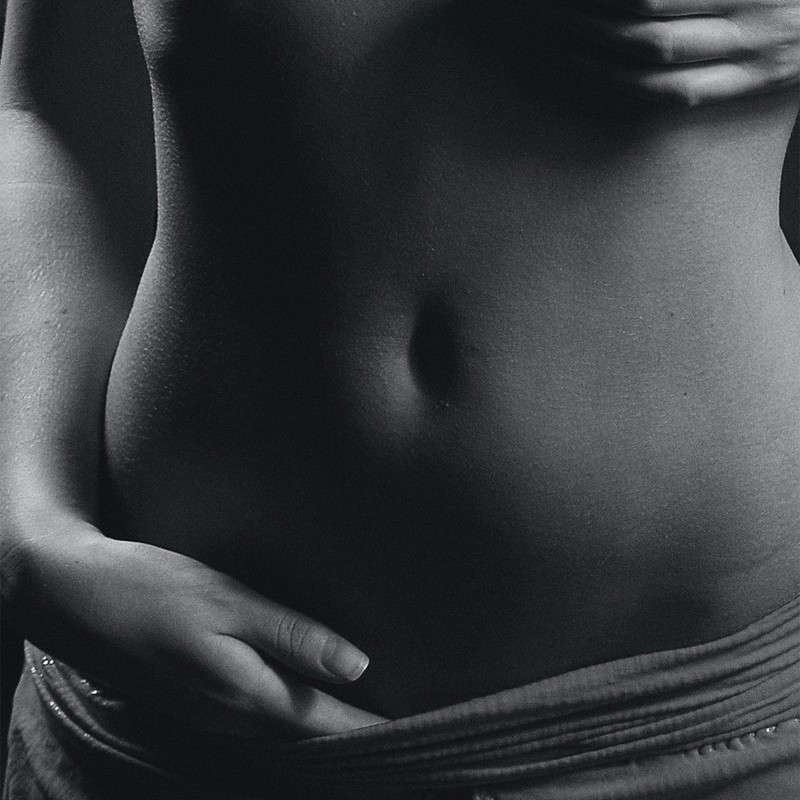What You Need To Know About Leaky Gut
It Could Be The Root Of Your Gut Problems
As the name suggests, leaky gut occurs when toxins leak through the intestinal walls and into the bloodstream. In a healthy gut, when you digest food, your intestines break food down, allowing tiny healthy nutrients to pass into the bloodstream. But, when the gut lining is compromised, bacteria and toxins can enter the bloodstream. “The lining of your gut is very sensitive,” explain Lisa and Alana Macfarlane of The Gut Stuff. “Once food has been broken down, the lining of the intestine allows you to absorb nutrients from your food to enter your bloodstream and prevents unwanted by-products from passing to the blood, a bit like a fine sieve. Our guts are permeable to some extent but sometimes that permeability becomes more like a colander than a sieve.” Leaky gut can cause a whole array of symptoms, adds nutritionist Sophie Trotman. “These can range from bloating, diarrhoea and constipation to anxiety, depression and brain fog, as well as acne and rosacea.” Food sensitivities are also a tell-tale symptom of leaky gut. If you feel bloated after drinking milk or notice a difference in how you feel after eating gluten, a leaky gut could be to blame.
Diet Plays A Key Role
“It will come as no surprise that diet is often a big factor in the development of leaky gut,” says Kerry Beeson, nutritional therapist at Optibac Probiotics. “The average modern Western diet contains many pro-inflammatory foods, and sugar is a top offender as it directly triggers inflammation.” Gluten may also play a part, Kerry adds. As well as being a pro-inflammatory food and a common food allergen, gluten has been shown to increase gut permeability. “A diet that is low in fibre can also lead to reduced levels of short-chain fatty acids in the bowel, which help maintain the lining,” she says. Excessive alcohol and caffeine can also take their toll, according to The Gut Stuff. “Alcohol in particular damages a certain type of bacteria that live in the gut’s mucus lining. When you drink too much, the levels of this bacteria, as well as other important microbes, are compromised.”
Stress Also Plays A Part
Countless research shows chronic stress can lead to leaky gut, says Kerry. “Elevated levels of cortisol – one of the main stress hormones – contribute to both changes in your microbiome and lower numbers of your beneficial bacteria, as well as inflammation of the gut lining. Plus, cortisol disrupts blood sugar regulation, weakens digestive function and lowers immunity, all of which can contribute to a leaky gut picture.” Andrea Burton, technical advisor at Bio-Kult, is also adamant about the connection between stress and leaky gut. “When your fight or flight response is activated due to stress, blood supply to the digestive system is diverted to other organs. This results in a reduction in digestive enzymes, making it harder to digest food, thus placing strain on the digestive tract. This can lead to constipation, diarrhoea, stomach cramps and bloating, which in turn can trigger inflammation and leaky gut. It’s a vicious cycle.”
Diagnosis Isn’t Straightforward
The problem with leaky gut is two-fold. Firstly, it isn’t a widely recognised medical condition and, secondly, there’s no clear-cut test for diagnosis. However, if you are experiencing some of the symptoms and think leaky gut may be to blame, a registered nutritionist or dietitian can help. “There are blood, urine and stool tests that measure specific markers, which are believed to indicate the presence of leaky gut,” says Sophie. “Although these tests offer useful insights, none are 100% accurate, so a professional should always look at your results in the context of your history and key symptoms.”
There’s Plenty You Can Do In Terms Of Prevention
To prevent leaky gut from proliferating or occurring in the first place, experts say there is plenty you can do, and it’s important to nip things in the bud as a compromised gut can lead to everything from nutrient deficiencies to mood changes. “There is some research that suggests leaky gut may be genetic, making some of us more sensitive to changes in the digestive system, with alcohol use and stressful living making matters worse,” says Andrea. That said, there is plenty you can do to reduce symptoms and heal a leaky gut, she says…
Eat Mindfully: “Set aside time for meals away from the computer, phone and TV and make sure to sit at a table whilst eating. Chewing food well will help to stimulate digestive juices, so put your cutlery down between mouthfuls, and focus on the textures and flavours of your meal.”
Stimulate Digestion: “Bitter leaves, such as rocket, chicory, watercress and endives, with a lemon juice or apple cider vinegar dressing, help stimulate stomach acid, digestive enzymes and bile (production of which may be reduced when stressed). For additional support, Swedish bitters and digestive enzyme supplements can help.”
Increase Fibre: “Fibre provides the food source for many beneficial species of bacteria in the gut. However, many people aren’t eating the recommended 30g a day. Aim to eat a wide variety of fibre rich plant-foods (e.g. fruit and vegetables of all the colours of the rainbow, pulses, beans and legumes, wholegrains and nuts).”
Ditch Processed Food: “Avoid very processed and high sugar foods. Not only are the additives and emulsifiers used in processed foods often a trigger for digestive issues, these foods are also nutrient poor and often spike and crash blood sugars, exacerbating the stress response. Stock up on wholefood alternatives for snacks, such as fruit, veg sticks and hummus, unsalted nuts, boiled eggs and oatcakes.”
Eat More Bone Broth: “Bone broth contains numerous nutrients which help support the lining of the gut, aiding the repair process. It’s best to use organic bones, and simmer on a low heat (for example in a slow cooker) for at least 24 hours.”
Up Your Omegas: “Omega-3 fatty acids found in oily fish such as salmon, mackerel, anchovies, sardines and herring, hemp seeds, chia seeds and flax seeds are some of the most anti-inflammatory foods out there. We should ideally be eating two to three portions of oily fish a week.”
Stay Active: “Set an alarm to ensure you have a ten-minute walk every couple of hours, even if it’s only around the house or office. We all know regular physical exercise is good for us, but did you know that it’s also good for the gut bacteria? A recent study showed women with sedentary lifestyles had lower levels of health-promoting bacteria compared to those who were moderately active. At the other end of the spectrum, however, excessive strenuous exercise can also have a negative impact on gut health due to increased inflammation, leaky gut and an imbalance of good and bad bacteria.”
Finally, Supplements Could Be Worth Taking
To help heal the gut lining, the right supplements are worth their weight in gold, says Sophie. “Supplementing with zinc, vitamin A, l-glutamine and collagen can help, while eating plenty of healthy fats and good-quality protein can help rebuild the gut lining. If you are struggling with bloating, taking digestive enzymes at mealtimes can also support digestion while you work on healing the gut.” Probiotics can help, but don’t rely on them as a cure-all. Research shows the strain ‘S. boulardii’ can help restore intestinal barrier strength and function, so it could be worth looking out for this particular strain. “However, you can’t just take a probiotic and expect miracles,” says Sophie. “If you take probiotics, you need to be taking the right one and usage needs to be integrated into a wider, all-systems-considered approach. Alternatively, probiotic-rich foods and drinks, such as kimchi, sauerkraut and kefir can be helpful.” And if you can only do a couple of things to boost gut health, The Gut Stuff say it all counts. “Always chew your food until it’s semi-liquid, eat at least 30 different plants a week and keep stress levels in check.”
Shop Our Product Edit Below...
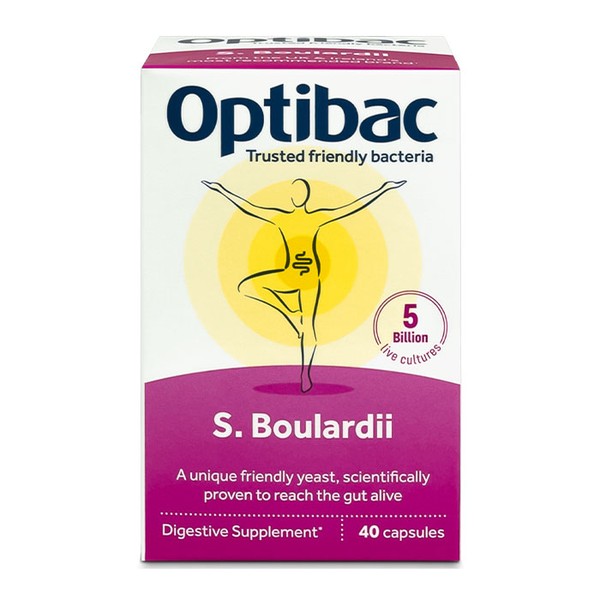
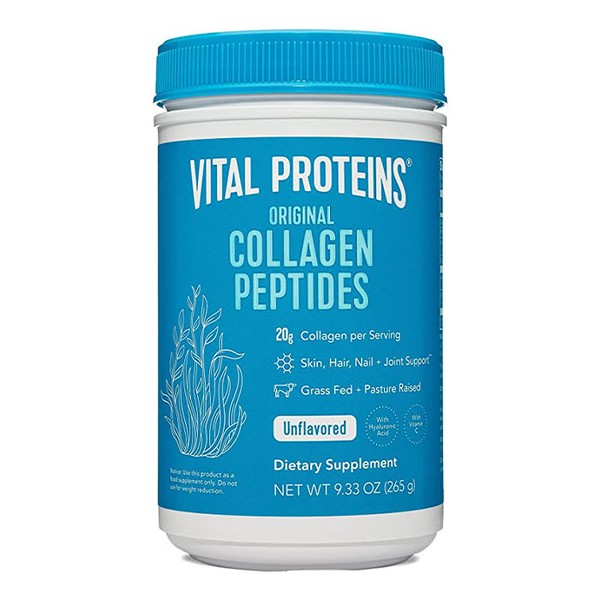
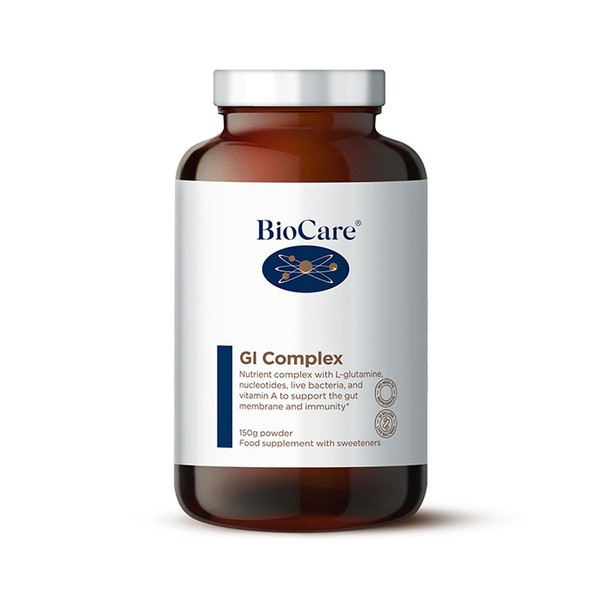
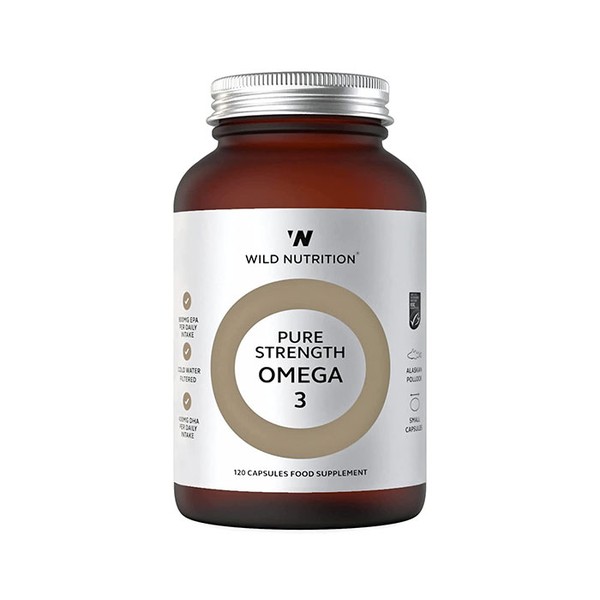
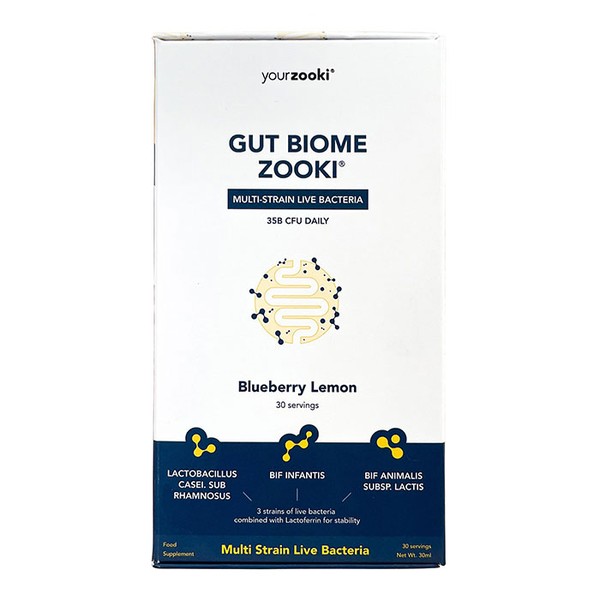
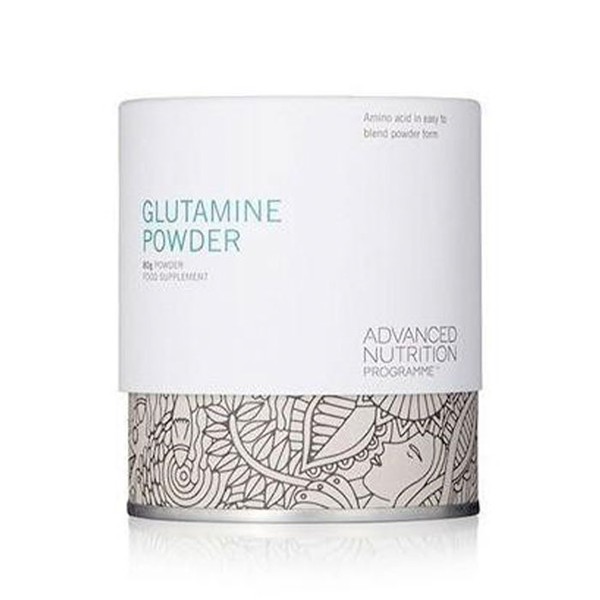
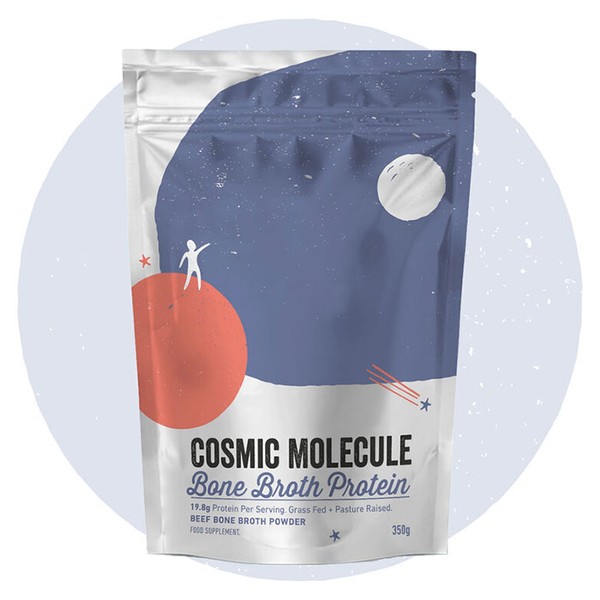
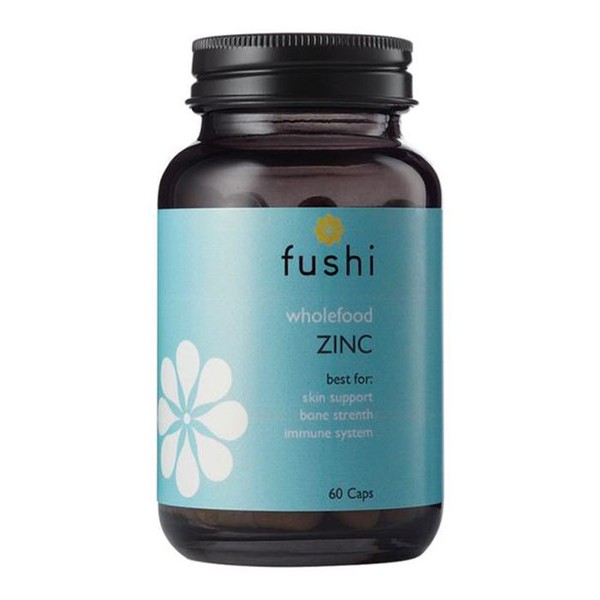
For more information visit OptibacProbiotics.com, SophieTrotmanNutrition.com, Bio-Kult.co.uk and TheGutStuff.com
DISCLAIMER: Features published by SheerLuxe are not intended to treat, diagnose, cure or prevent any disease. Always seek the advice of your GP or another qualified healthcare provider for any questions you have regarding a medical condition, and before undertaking any diet, exercise or other health-related programme.
DISCLAIMER: We endeavour to always credit the correct original source of every image we use. If you think a credit may be incorrect, please contact us at info@sheerluxe.com.
